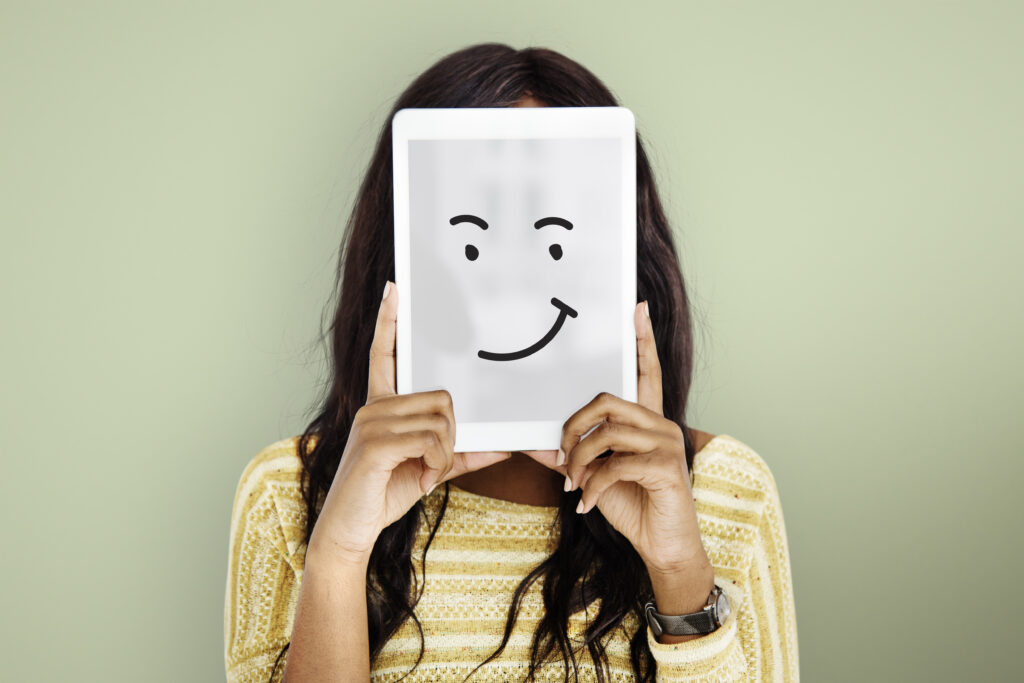Take care of yourself
Introduction
Taking care of yourself is not just about personal well-being—it directly impacts those around you. The way you nurture your mind and body reflects your intentions and energy towards others. If you are not mentally well, the effects ripple out, touching your loved ones, colleagues, and business relationships.
Emotional responsibility is essential. The quality of life you provide to those around you matters just as much as your own. What you give is often what you receive in return. Understanding when to seek help is crucial—not only to maintain your own well-being but to prevent your struggles from causing distress to those who care about you.
Why Self-Care is Essential for Others Too
Many see self-care as an individual practice, but in reality, it is an essential component of maintaining healthy relationships. When you neglect yourself:
- Your emotional instability may negatively affect those who love you.
- Your lack of balance can disrupt work environments and collaborations.
- Your mental and physical fatigue can lead to miscommunication, stress, and distance in relationships.
On the other hand, when you prioritize self-care:
- You bring positivity, stability, and understanding to those around you.
- You become a better partner, friend, parent, and professional.
- You contribute to healthier, more fulfilling relationships.
According to Mental Health First Aid, engaging in a self-care routine has been clinically proven to reduce anxiety, depression, and stress while increasing overall happiness and resilience. It also helps individuals adapt to changes, build strong relationships, and recover from setbacks (Mental Health First Aid).
This is why self-care is not selfish—it is a responsibility.
The Impact of Emotional Responsibility
“You cannot pour from an empty cup.” This saying emphasizes that if you are emotionally drained, your ability to give to others is compromised. Emotional responsibility means recognizing that your state of mind affects your interactions and the well-being of those around you.
What happens when emotional responsibility is ignored?
- Loved ones may feel drained or emotionally neglected.
- Workplace relationships can suffer due to lack of communication and patience.
- Unresolved stress can lead to resentment and conflicts.
On the other hand, practicing emotional responsibility means:
- Setting boundaries to protect your energy.
- Being honest about your needs instead of suppressing emotions.
- Seeking help when necessary, so your struggles don’t become someone else’s burden.
According to Dr. Kathleen Daly, a board-certified psychiatrist, managing mental health through self-care activities such as fulfilling hobbies, seeking therapy, or even alternative treatments like psychedelic psychotherapy can help individuals find emotional balance (VeryWell Health).
Taking care of yourself ensures that your presence is a source of strength, not stress, for those around you.
When to Seek Help? Signs That You Need Support
It’s important to recognize when self-care is not enough and professional or social support is needed. Here are some warning signs that indicate it may be time to seek help:
- You feel constantly overwhelmed or exhausted, even after rest.
- Your relationships are suffering because of mood swings or withdrawal.
- You struggle to manage stress and emotions in a healthy way.
- You no longer find joy in activities you used to love.
- Anxiety or sadness interferes with your daily life and decisions.

Seeking help is a sign of strength, not weakness. It means you value your well-being and the well-being of those around you. Whether through therapy, talking to a loved one, or making lifestyle changes, taking action can prevent deeper struggles.
For those unsure of where to start, resources such as the National Institute of Mental Health (NIMH) provide valuable insights into caring for mental health (NIMH). Additionally, Active Minds offers practical self-care tips, including mindfulness exercises and creative activities to promote emotional balance (Active Minds).
Practical Self-Care Strategies
While seeking professional help is essential when needed, consistent self-care practices can improve emotional resilience and overall well-being. According to HelpGuide.org, self-care practices should be intentional, frequent, and tailored to individual needs (HelpGuide).
Simple Self-Care Practices to Integrate into Your Daily Life:
- Physical Health: Regular exercise, healthy nutrition, and sufficient sleep
- Mindfulness & Relaxation: Meditation, breathing exercises, and gratitude journaling
- Social Connection: Spending time with loved ones and fostering meaningful relationships
- Personal Growth: Engaging in hobbies, reading, or learning new skills
- Setting Boundaries: Knowing when to say no and prioritizing personal time
Even small acts of self-care can have a significant impact on mental health and relationships.
Conclusion: You Give What You Receive
Your energy, mindset, and emotional stability shape the relationships you build. The way you take care of yourself influences how you connect with others. If you prioritize well-being, you cultivate stronger, healthier, and more positive relationships.
Emotional responsibility is about recognizing that your self-care is also care for those around you. It’s a cycle—what you transmit is what you will receive.
Take the time to care for yourself. The people around you will thank you for it.
How do you practice self-care? Share your thoughts below!

